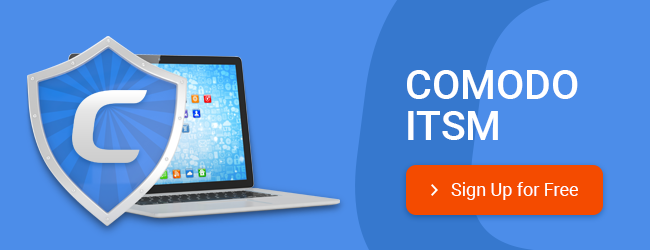A practicing process like DevOps, Continuous Delivery to transform into the digital world adds value to an organization. The question today is how relevant is ITSM?
Technology is an integral part of every business, in that case, how good is IT for any business, even though we see a thin line between the two. They say ITSM is no longer a good thing to have with business, and some say it is good only with the service desk. We all know that ITSM is meant to deliver business capability; it is an enabler to realize real business.
As a matter of fact, today ITSM in any organization needs better thought process. According to a global study by AXELOS, "IT service management (ITSM) and executive leadership in organizations need greater strategic alignment to make digital transformation a success."

The report suggests and supports the theory that to implement ITSM, one needs to adopt and adapt ITIL principles and process because by doing so it will make it easy for a smooth digital transformation.
ITSM professionals across the industry understand their organization's needs, based on which they tune their strategy. Nearly 40% and more believe that their strategy aligns with the goal and objectives of the business, while the other 60 percent are skeptical. This ratio is alarming when it comes to saying that ITSM is instrumental in achieving business objectives.
"Digital transformation introduces new types and levels of risk in organizations and ITSM is essential to managing that risk said Margo Leach, chief product officer of AXELOS."
Using evidence to support improvement and innovation will help ITSM teams demonstrate their understanding of an organization's goals as it undergoes digital change to deliver value to end customers.
Leach adds "This requires more than reporting just a process-based statistics, such as service desk traffic, without providing any business insight into the significance of the data. Our benchmarking study suggests that, currently, ITSM teams are too focused on operational processes and are not doing enough to use evaluation tools, metrics, and measurement as part of their working practices in delivering value to the wider business. While it’s encouraging that our research shows 40% of ITSM functions in organizations achieving the right level of ITIL maturity — with monitoring and evaluation used to improve established processes and innovate — 60% of ITSM functions within organizations have no monitoring or evaluation in place."
As we quote Margo Leach, who further said "Striving to demonstrate value to the business in a language executive leadership team can understand will encourage greater collaboration between ITSM and the wider organization."
"Gone are the days when ITSM was service desks or infrastructure alone; now, it has a holistic approach that delivers value with necessary controls like risk and financial management."
Their most pressing challenges, ITSM professionals highlighted is as below:

How to find Android Device Manager on my Phone?
CRM Software for Your Small Businesses
Artificial Intelligence can Transform your Small Business
Add new comment